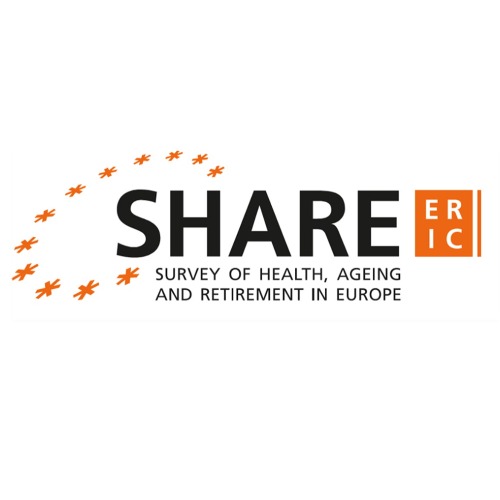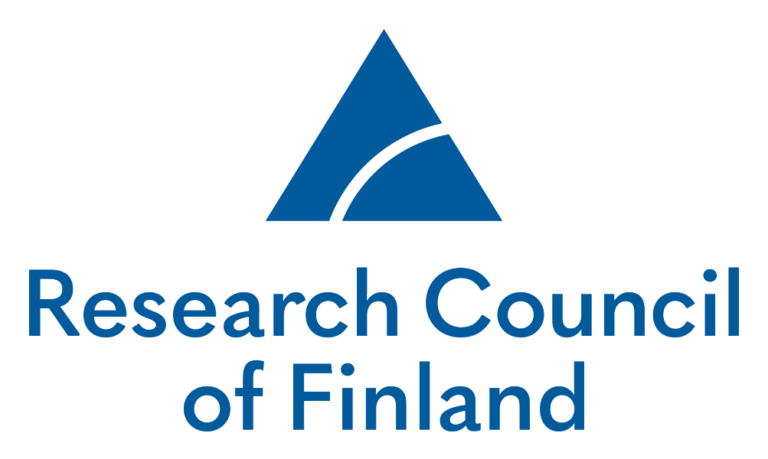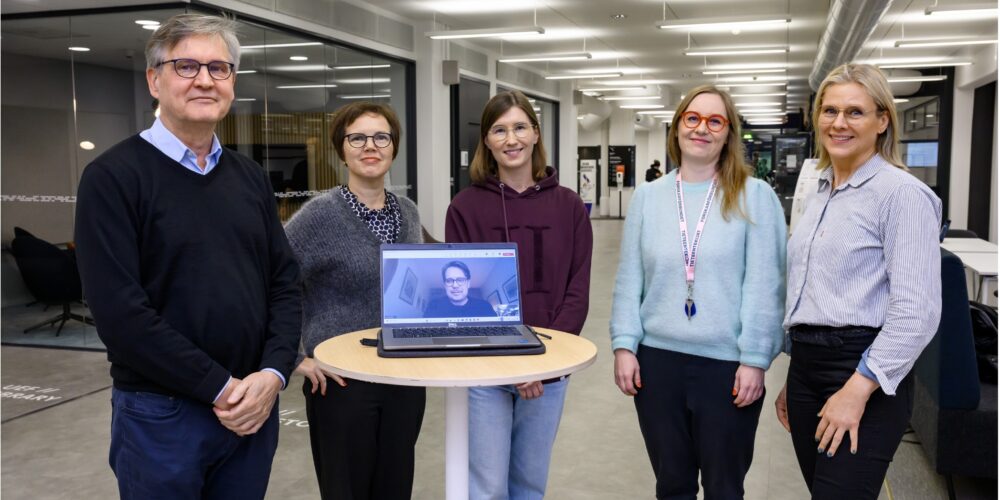
SHARE-FI - Survey of Health, Ageing and Retirement in Europe-Finland
Funders
Main funder

Finnish Research Infrastructure Committee funds SHARE-FI consortium during the years 2024–2026.
Leaders
-

Ismo Linnosmaa
ProfessorDepartment of Health and Social Management, Faculty of Social Sciences and Business Studies -

Antti-Jussi Kouvo
University LecturerDepartment of Social Sciences, Faculty of Social Sciences and Business Studies
Contact persons
-

Ismo Linnosmaa
ProfessorDepartment of Health and Social Management, Faculty of Social Sciences and Business Studies -

Inna Lisko
Project ResearcherDepartment of Health and Social Management, Faculty of Social Sciences and Business Studies
SHARE-FI
The Survey of Health, Ageing and Retirement in Europe (SHARE) is a multidisciplinary research infrastructure that has produced longitudinal data on the health, economy, and social relationships of individuals over 50 across Europe. Currently, 28 countries participate in SHARE’s data collection. SHARE is the only truly comparable dataset for examining the living conditions of older Europeans and their family members, enabling the study of ageing and policy impacts over time.
SHARE data has been collected about every two years since 2004 (data collection wave 1). In 2011, SHARE became the first European Research Infrastructure Consortium (ERIC). Finland has participated in data collection since 2017 (wave 7), with the Family Federation of Finland coordinating waves 7–10. Starting with wave 11, coordination in Finland will be led by the Survey of Health, Ageing and Retirement in Europe-Finland (SHARE-FI) Consortium, led at the University of Eastern Finland.
SHARE provides answers to the impacts of population aging. This is especially important for Finland which is one of the fastest-aging populations worldwide. With its extensive, multidisciplinary data foundation, SHARE supports policymakers in addressing socio-economic and public health challenges. SHARE thus has socio-economic and scientific impacts and contributes to improving the living conditions of Europeans. Since its start, SHARE has provided policymakers with reliable, comparable data to support decision-making.
News
-
 New publication
New publicationNew publication
Health, financial and social support resources can help to maintain subjective well-being from the age of fifty until very old age -
 SHARE-FI consortium receives funding
SHARE-FI consortium receives fundingSHARE-FI consortium receives funding
Social scientists at UEF secure funding for a European research infrastructure exploring the living conditions of the ageing population
Cooperation
-
Anna Rotkirch
Research Professor
-
Mikko Niemelä
Professor of Sociology
-
Anu Siren
Professor of Gerontology
SHARE data freely available for researchers
Researchers can use the SHARE data for free. From the SHARE-ERIC webpage you can find more information on the data and its use.
Register data
In Finland, SHARE data can also be linked to specific registry data (Statistics Finland, Finnish Centre for Pensions, and Kela, the Social Insurance Institution of Finland). This linkage requires a separate authorization process, which is currently coordinated by the Family Federation of Finland.
Funding
The Finnish Research Infrastructure Committee of the Finnish Research Council funds the activities and research of SHARE-FI from 2024 to 2026, enabling data collection for the 11th wave of SHARE in Finland. This funding also helps to make SHARE’s data resources more accessible.
Previously, SHARE data collection in Finland has been funded by the European Commission, the Finnish Centre for Pensions, Kela (the Social Insurance Institution of Finland), Keva, the Ministry of Social Affairs and Health, Svenska Kulturfonden, the Finnish Cultural Foundation, the Ministry of Economic Affairs and Employment, and the Yrjö Jahnsson Foundation.
-
The following variables can be found in the SHARE data:
- health variables including self-rated health, number of diseases, physical functioning, body mass index, grip strength, health behaviours and use of health care.
- psychological variables including depression, cognitive functioning and life satisfaction and personality.
- socioeconomic variables including current work activity, job characteristics, job flexibility, opportunities to work past retirement age, employment history, pension rights, sources and composition of current income, wealth and consumption, housing, and education; and in some countries including Finland, linkage to administrative data on employment, income, and pension.
- social support variables including assistance within and beyond families, transfers of income and assets, social networks including network size and intensity, and volunteer activities.
Additionally, waves 3 and 7 (SHARE LIFE interview) have a specific focus on the life-course. SHARE participants have also taken part in two COVID-19 surveys.
-
In the SHARE study, the questions asked from respondents depend on whether the individual has been interviewed before (panel respondent) and which household member is involved. SHARE’s website provides a detailed information of which questions are asked in each situation.
In the SHARE data, variables have been coded to separate modules which can be found from the SHARE release guide, chapter 13.1 starting from page 22: SHARE_release_guide_9-0-0.pdf (share-eric.eu)
The exact measurement scales used in SHARE are described in the Scales Manual of SHARE.
From the Cross-Wave-Comparison that can be found from the SHARE webpage, it is possible to see which questions exactly have been asked in which waves.
Keywords
Leaders
-

Ismo Linnosmaa
ProfessorDepartment of Health and Social Management, Faculty of Social Sciences and Business Studies -

Antti-Jussi Kouvo
University LecturerDepartment of Social Sciences, Faculty of Social Sciences and Business Studies
Professors
Senior Researchers
-

Tomi Oinas
Staff ScientistFaculty of Social Sciences and Business Studies -

Leena Forma
Research DirectorDepartment of Health and Social Management, Faculty of Social Sciences and Business Studies
Doctoral Researchers
-

Terhi Auvinen
Doctoral ResearcherDepartment of Health and Social Management, Faculty of Social Sciences and Business Studies -
Hanna Viirret-Viljamaa
Doctoral ResearcherDepartment of Health and Social Management, Faculty of Social Sciences and Business Studies

